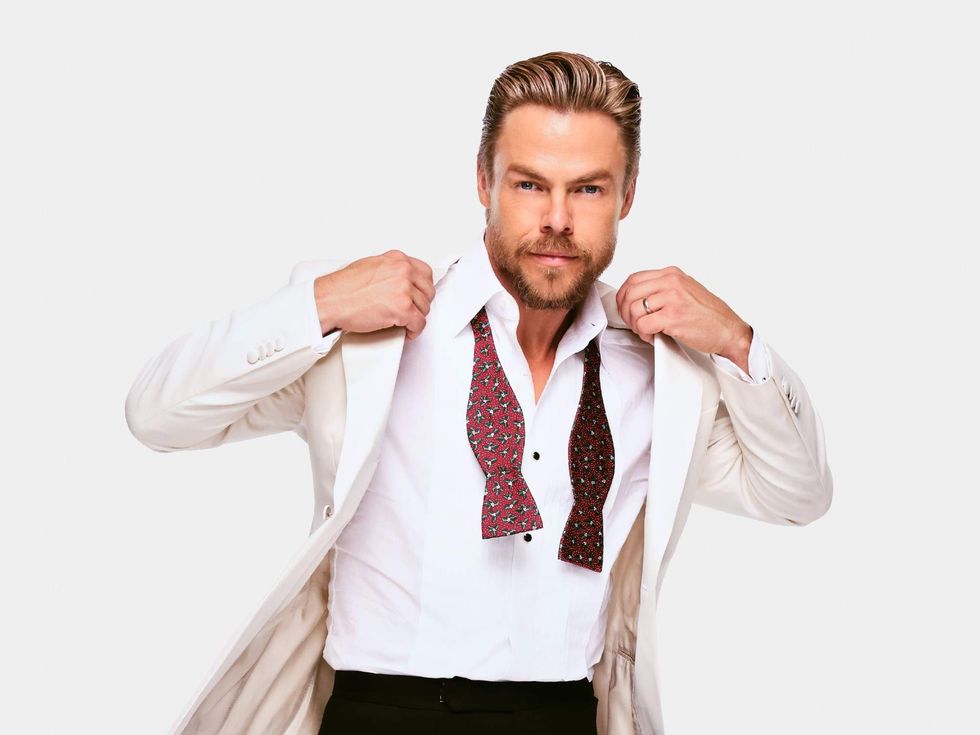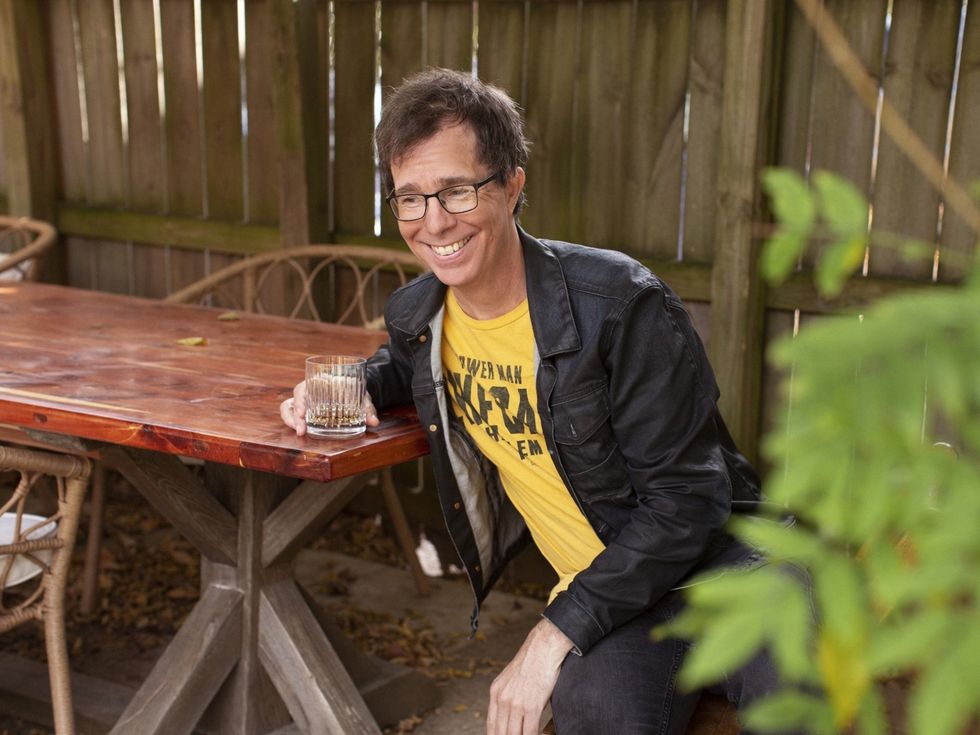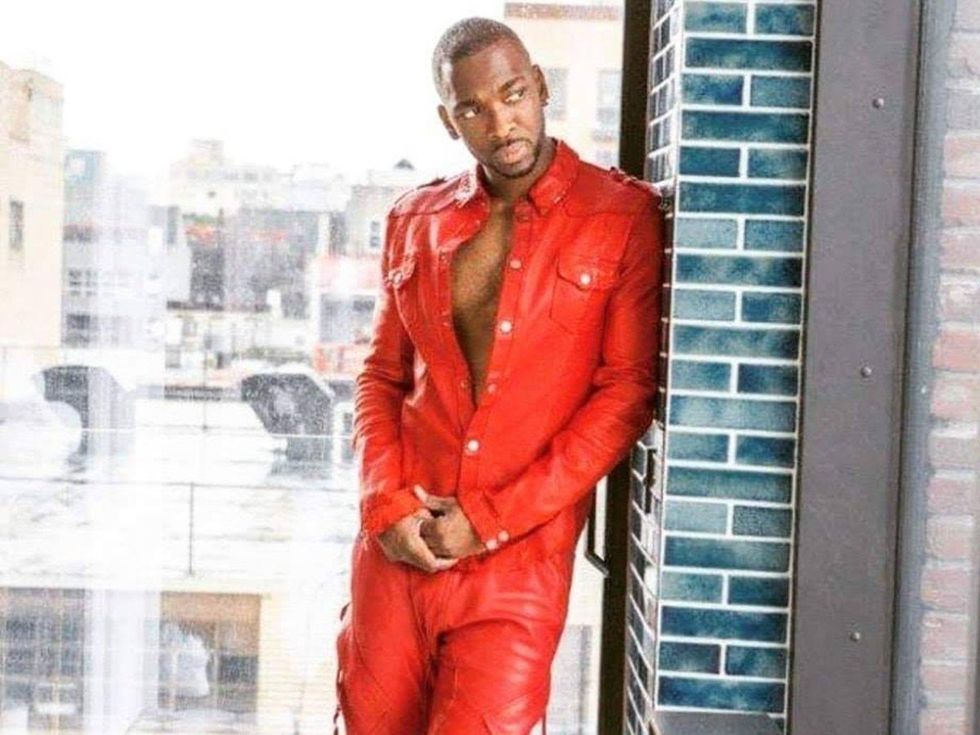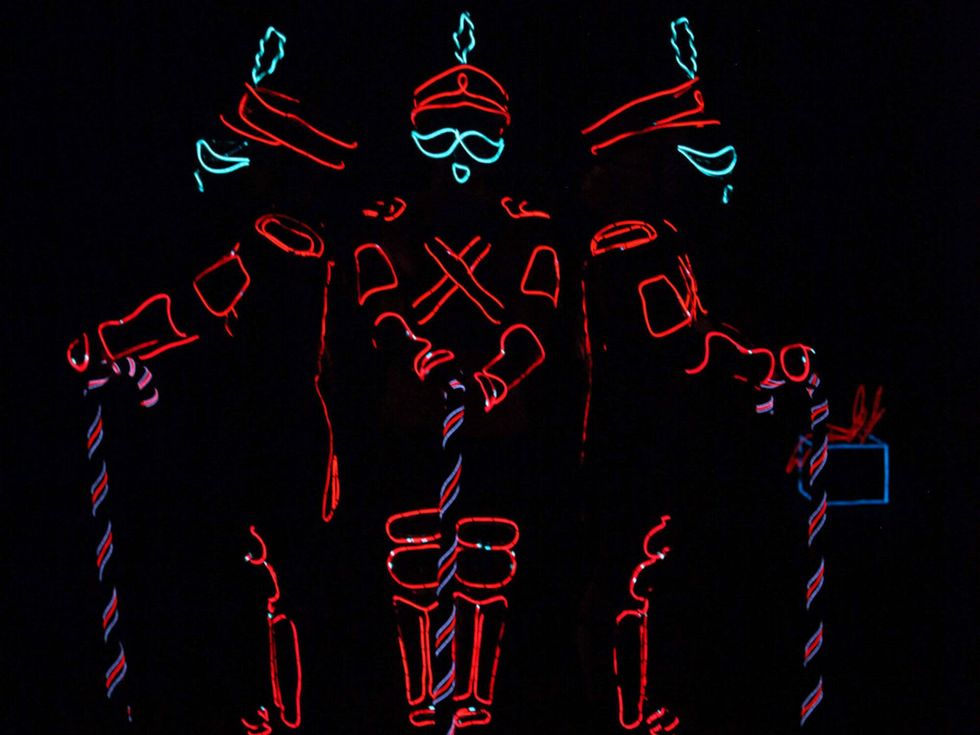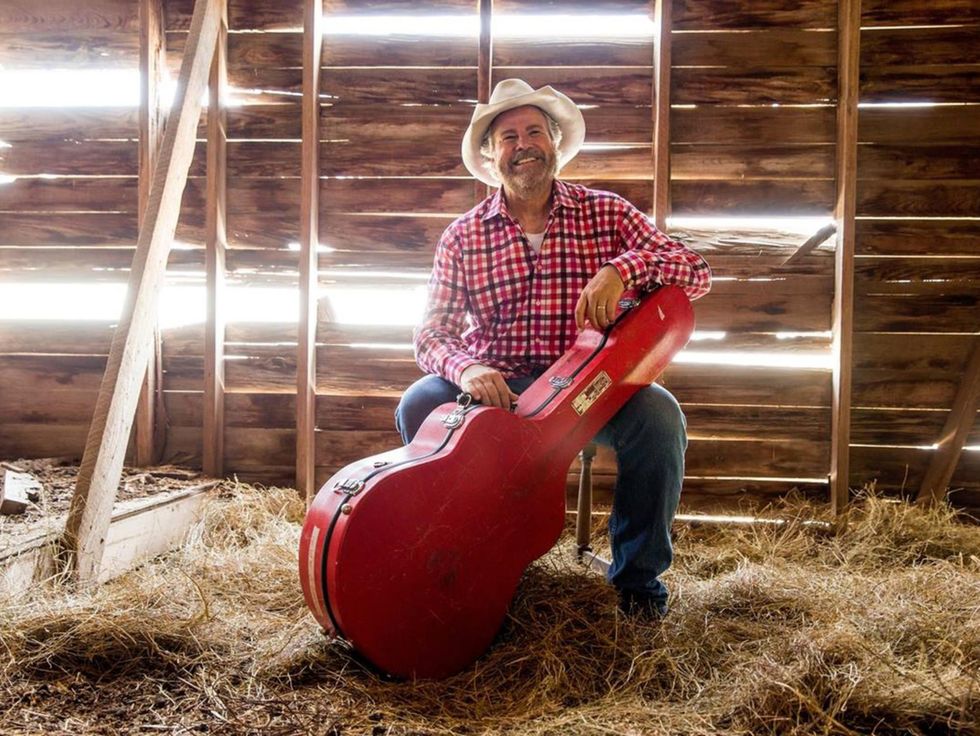Funny Woman
Paula Poundstone: 'This is a delightful job, and I would do it whether I got paid or not'

Like a lot of stand-up comedians, Paula Poundstone has managed to forge a long career without ever truly becoming a star. Although she briefly had her own HBO show in the early 1990s, she’s mostly kept herself visible by constantly appearing on the talk show circuit and touring around the country.
Poundstone, who performs two separate stand-up sets at Dallas City Performance Hall on January 31, sat down with CultureMap to discuss her career, what it’s like being a comedian and her popular stints on the NPR show Wait Wait ... Don't Tell Me.
CultureMap: Was being a comedian always your goal? If not, what would you be doing if you hadn’t followed this path?
Paula Poundstone: When I was young, the only thing I was really familiar with was to be a comic actress, like Carol Burnett, Mary Tyler Moore, Gilda Radner, Lily Tomlin – I missed them all by a country mile, by the way. That’s not what I was moving toward, in truth; I just sort of petered in a depressed teenager way out of high school, and then I was bussing tables in Boston.
I just so happened to be lucky enough to be in a city where some guys started an open mic night, and it was really time and place. I was 19 years old, and I was given the opportunity to do five minutes up on stage. So I went and did that and just kept working at it. Thirty-five years later, I’m still working at it.
CM: A lot of the humor in your act seems to come from your natural curiosity. Have you had this kind of curiosity your whole life, and what do you think that stems from?
PP: Hopefully it’s good brain development, but I’m not sure. I like thinking of stuff that’s funny and telling it to people. That’s my favorite thing to do. Even before I was a stand-up comic, I was always writing postcards, I was always jotting little notes to myself. Now I’ve been reduced to Twitter, but there’s a similarity.
CM: What’s the best thing about being a road comic?
PP: The best thing is that I get to go to really beautiful places all over the country and perform to people that I just fall in love with. No matter what struggles I’m facing here in silly, stupid Santa Monica, California, I go to wherever and I talk to crowds about it, and it turns out I’m not the only one dealing with stuff like that. That is a wonderful perk of the job that I get to do; it’s just that shared experience laugh.
CM: How hard is it to keep pushing forward as a comedian when times are lean? I imagine you have to be very self-motivated.
PP: I started out doing open mic nights, and that’s how most of us start out. That meant that I worked a day job all day long for a mere pittance of money because I have no skills. Then I went home, showered and went out again so that I could go perform stand-up, watch stand-up or be part of a group.
You had to be seen to be remembered, so there was a certain amount of networking that one did back then. This is a delightful job, and I would do it whether I got paid or not.
CM: You have become one of the favorite panel members on Wait Wait ... Don’t Tell Me. How flummoxed do you get by all the strange studies they ask you about?
PP: Well, they are strange, aren’t they? I don’t feel they ever have enough validation on these studies. Also, I didn’t go to college myself, but when I hear about the universities doing the studies, I really fear that maybe I’m just throwing my money away on my daughter.
There have been some great ones. There was one where they figured out that if you drew a piece of pizza, you could quell your hunger for a piece of pizza. Now, I find that very hard to believe. But there was some school that invested in the study, I guess; I forget where Peter (Sagal) said they did it. Might’ve been Yale or something.
I remember him telling us one time that at M.I.T. they had invented a ketchup bottle that made the ketchup come out better, and again, it just shakes your faith in engineering. Is that really the best investment of one of the top engineering schools in the world? Is that really what they’re doing with their time?
CM: How big a part of your life is the show now? Do you want to continue it indefinitely?
PP: Oh, yes. It’s a delight. It’s so much fun to do. First of all, I get to be with other people, which is really, really fun. Normally I’m totally alone; alone backstage, alone everywhere. So it’s great to be part of the community that is Wait Wait; that’s really fun.
Also, they have cultivated an atmosphere where you just jump in, and everybody plays off of everybody else’s jokes. There’s no ego involved with that in any way. There’s such serendipity that goes into anything that’s remotely successful.
It’s everybody’s contribution, it’s time and place in terms of when something happens to catch fire with the audience. I think every one of us is aware that we are unbelievably lucky. It’s really fun to be a part of that.

